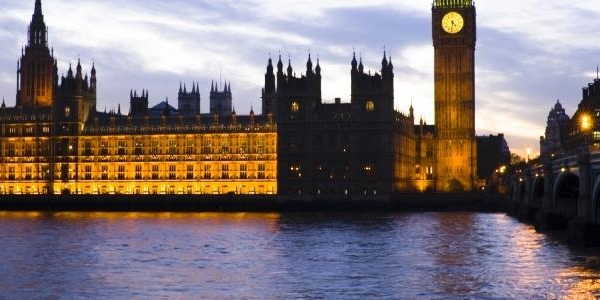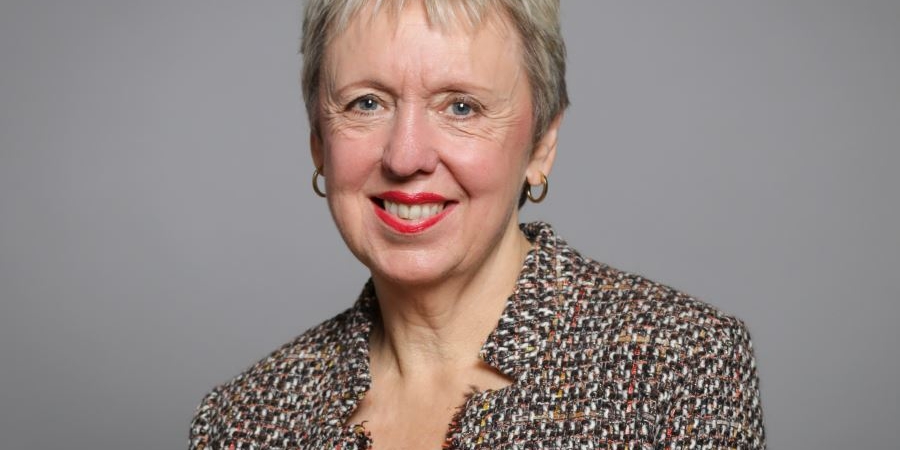Labelling Non-Violent views as ‘Extreme’ won’t help us tackle Terrorism
Religious Liberty
New polling shows that half of the public (54%) think that using the word ‘extreme’ is not a helpful description when discussing political and social opinions.
Research from ComRes, commissioned by CARE and by a coalition of other partners, including The Evangelical Alliance, found that there was no consistent foundation for people to judge against what viewpoint counted as extreme. This led to many contrasting statements all being counted as being extreme viewpoints.
The results showed that ideas could be labelled as extreme even when the opinion was peaceful or unlikely to lead to actions which threaten people’s lives.
It clearly is unhelpful to broaden out the definition of extremism to include non-violent opinions; as the polling shows when you remove violence from the debate on extremism anything can be counted as extreme.
With no way of determining what counts as ‘extreme’, this study offers a cautionary note to the Government as they pursue their Queen’s Speech plan to create a commission on countering extremism. By focusing on violent extremism only, this would allow the government to pursue people who actually threaten and endanger others by committing acts of violence or encouraging others to do so.
CARE’s Chief Executive Nola Leach
“This polling shows how diverse public opinion is regarding what should be classified as extremism. In fact, the one thing that unites the public is that labelling something as extreme is not helpful.”
“Many of the opinions expressed in this poll were either peaceful or unlikely to lead to actions where people’s lives were indeed threatened, therefore labelling them as extreme is a radical and unhelpful statement.”
“These figures clearly show that the public are divided over what counts as extremism, and therefore a blanket statement of what extremism is could do more harm than good. The Government would be wise to take heed of these findings when establishing its commission on countering extremism.”
“In a context where many people are sadly losing their lives to acts of violent extremism, we need to make sure that government resources are prioritised and diverted to tackling violent extremist views – not taken up on views which are polarising, but unlikely to incite or cause attacks.”
“Finding agreement on what actually constitutes extremism and what needs to be protected as free speech is a challenge. Vague or poorly-defined, definitions of extremism would lead to police investigations of people who have no connection to terrorism, and would marginalise people of faith.”
“We need to be more mindful of the language we use to define polarising views. By not using the word extreme in debates we would be able to talk about issues in society in a way in which viewpoints are not targeted with contentious labels, but instead are intelligently and rationally debated.”
Ends
Notes to the editor:
For more information please contact Rachael Adams on 020 7227 4731 / 07851 153693 or rachael.adams@care.org.uk
CARE is a leading charity that works with MLAs, MSPs, MPs, and Peers to lobby for changes in legislation relating to human dignity. You can read about the success we’ve had and our latest work here.
The polling was conducted by ComRes who interviewed 2,004 adults online between 7-9 July 2017. Full data tables will be available from ComRes from Sunday 16 July, or on request.
The polling was commissioned by the Evangelical Alliance in conjunction with Care, ADF International, Affinity, , Christian Concern, Christian Medical Fellowship and the Lawyers' Christian Fellowship.
The poll asked: "Do you consider the word 'extreme' is a helpful description when discussing political or social opinions?" 32% answered 'yes', 54% 'no', and 14% said 'don't know'.
The poll also asked: "In your opinion, is it extreme to believe that…" followed by a series of statements. The table below shows the percentage of the public which answered 'yes'.
Austerity measures support a strong economy 29%
Fracking should be prevented because of its impact on the environment 29%
The UK should remain in the EU 30%
Teaching your child at home is a fundamental human right 33%
The NHS should be privatised 34%
The UK should leave the EU 36%
Fox hunting should be legalised 38%
Climate change is an important global problem made worse by human behaviours 39%
Children should not be vaccinated 40%
All diesel cars should be banned 40%
Marriage should only be between a man and a woman 41%
Women should be paid equally to men for doing the same job 41%
The monarchy should be abolished 42%
Animals have the same rights as human beings 43%
Mothers should always stay home to look after children instead of doing paid work 47%
Children should not be assigned a gender at birth 49%





Share story
Labelling Non-Violent views as ‘Extreme’ won’t help us tackle Terrorism